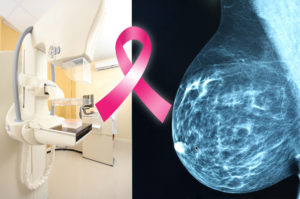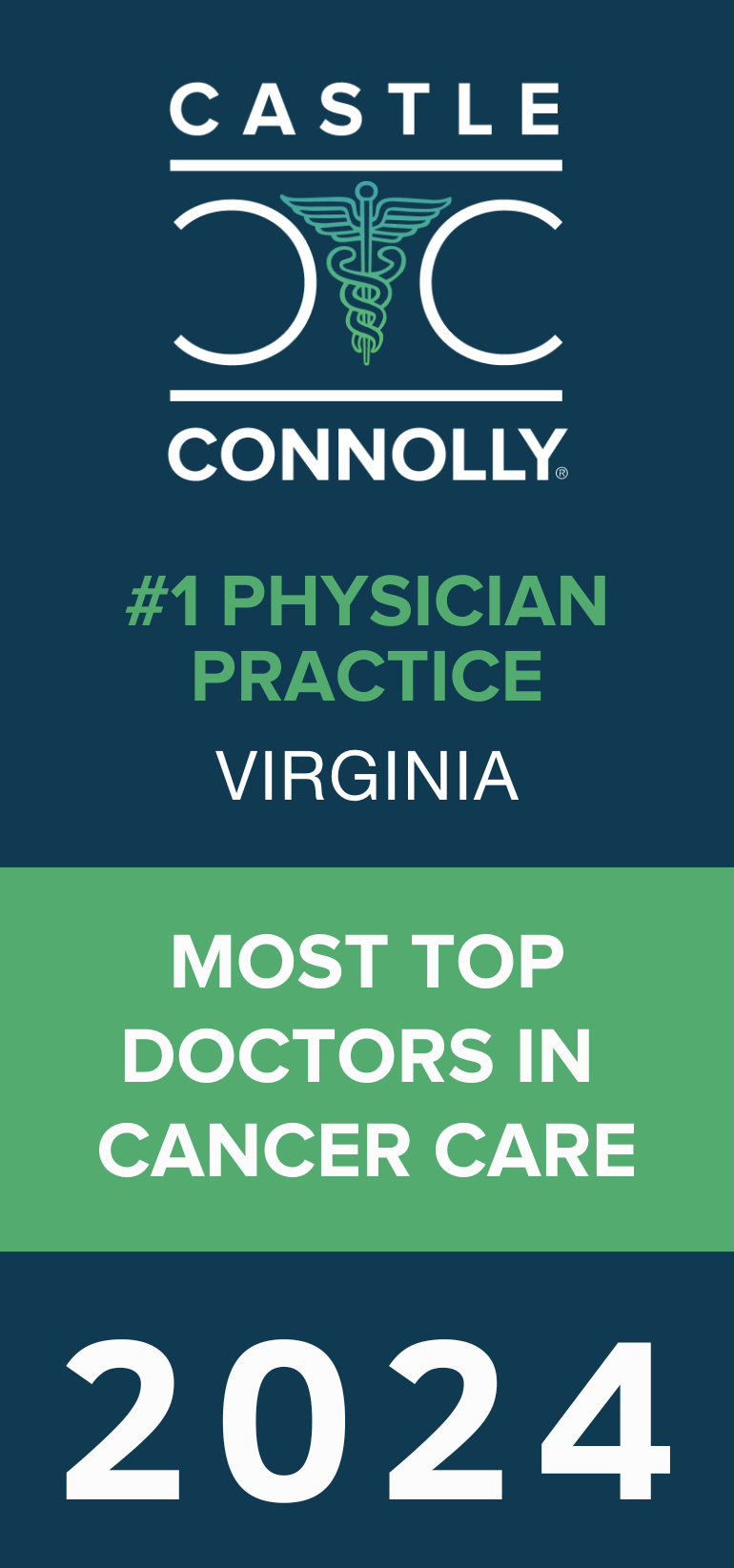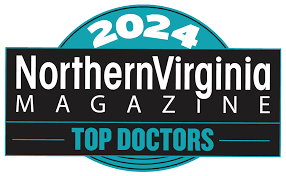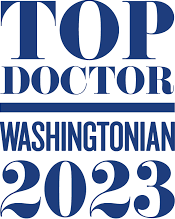What is new in the world of breast cancer?
There are currently more than 2.8 million women living with a history of breast cancer in the U.S., including those undergoing treatment and those who have completed treatment. In 2016, an estimated 246,000 new cases of breast cancer are expected to be diagnosed in women and 2,600 cases are expected to be diagnosed in men. About 1 in 8 U.S. women (12%) will develop invasive cancer over the course of her lifetime.

Breast cancer is the second leading cause of cancer death in women. The good news is that breast cancer mortality continues to decline, in large part due to advances made in cancer treatment, earlier detection, and increased awareness.
Important questions for women with estrogen-receptor (ER) or progesterone-receptor (PR) positive breast cancer who have undergone surgery include whether a woman requires chemotherapy and how long she should be on endocrine therapy. Genomic assays are helping us better choose which women will benefit from chemotherapy. Updated data published this year showed that for some women, longer duration endocrine therapy can reduce the risk for cancer recurrence, acknowledging that this is an individualized decision.
In women with HER-2 positive breast cancer, outcomes continue to improve due to the ongoing development of new HER-2 directed therapies. Women are living longer thanks to drugs such as trastuzumab, pertuzumab, and T-DM1.
Immunotherapy as a promising new treatment for certain types of Breast cancer.
Immunotherapy has emerged as an exciting novel therapy for the treatment of many cancer types, particularly for lung, bladder, renal, and melanoma cancers. Its use is also being explored in the treatment of breast cancer, particularly for triple negative breast cancer. VCS currently offers two trials for immunotherapy for women with triple-negative breast cancer.
Approximately 5-10% of breast cancers will be found to be linked to inherited mutations, such as BRCA1 and BRCA2 mutations. In partnership with our genetic counseling program, we have the tools to evaluate whether your breast cancer has a genetic basis and can offer recommendations to help prevent new cancer diagnoses in either you and your loved ones.
Learn More about Breast Cancer Here

Alina M. Huang, M.D.
Top Breast Cancer Risk Factors to consider — related article











